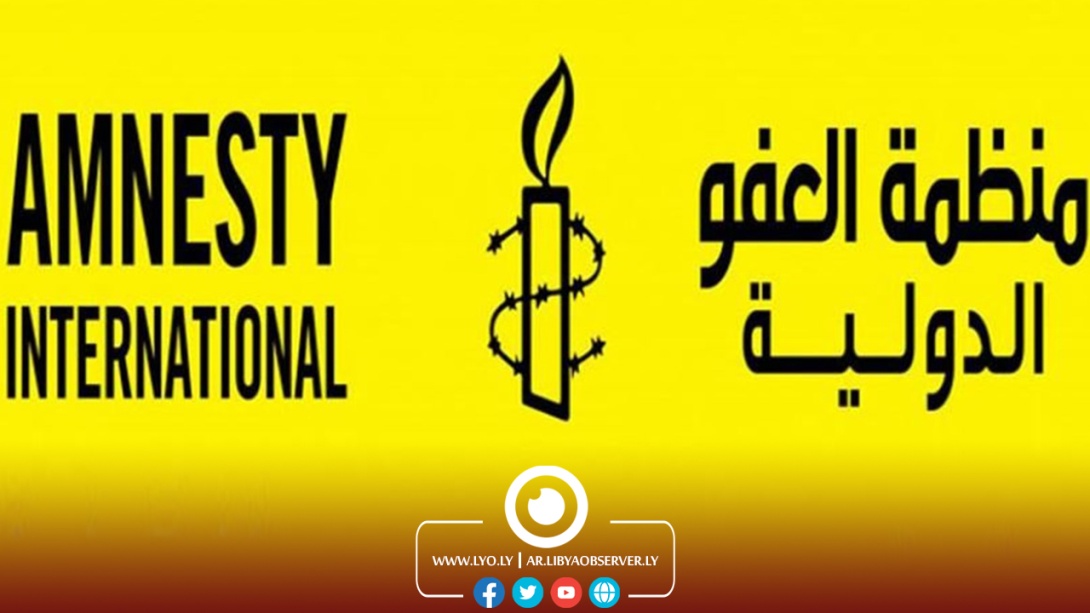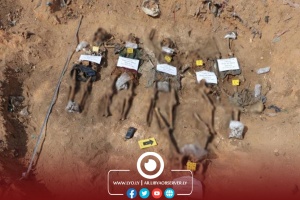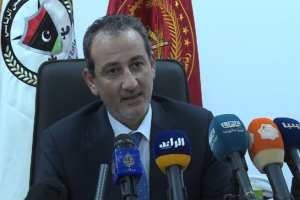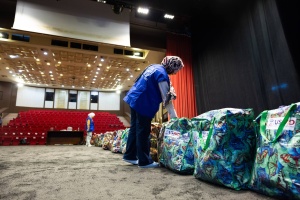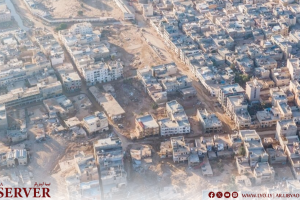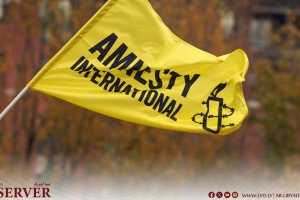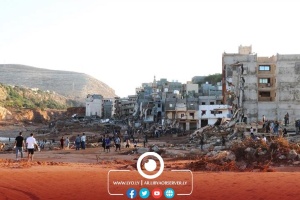Amnesty International said that the Libyan authorities refrained from investigating the responsibility of influential military and political parties for the catastrophic death toll in the collapse of the Derna dams that took place in last September, adding in a report that the Libyan authorities did not guarantee that all those affected were given equal opportunities to obtain compensation.
The report said that Khalifa Haftar's forces, which control the region where the floods happened, and the Government of National Unity failed to issue adequate warnings and take other essential measures to mitigate risks before Storm Daniel that led to the collapse of the two dams.
The report pointed out the mismanagement of the response to what it described as “two competing authorities,” including the failure to investigate the responsibility of those in positions of authority to protect people’s right to life, health, and other human rights.
It accused Haftar's forces of repressing people because they criticized the authorities' lack of preparedness and poor response to the crisis, with at least one person continuing to be arbitrarily detained. The report described Haftar's forces as having increased the frequency of their sophisticated use of brutal methods to suppress the opposition in the immediate aftermath of the floods.
According to the report, the Internal Security Apparatus arbitrarily arrested activist Al-Numan Al-Jazwi in Derna while he was filming aid distribution efforts. He remains arbitrarily detained without charge or trial and is prevented from communicating with his family and lawyer.
It also confirmed that pre-crisis mismanagement, conflicting instructions, inappropriate warnings, and the imposition of a curfew led to a rise in the disaster’s victims, adding that Derna witnessed the evacuation of some areas not adjacent to the disaster center, while the people adjacent to the valley area were ignored.
Amnesty's report indicated that some affected families were excluded from receiving the compensation that was provided to those affected in Derna. It confirmed that thousands are still missing, while survivors continue to struggle with the pain of not knowing the burial places of their missing loved ones.

